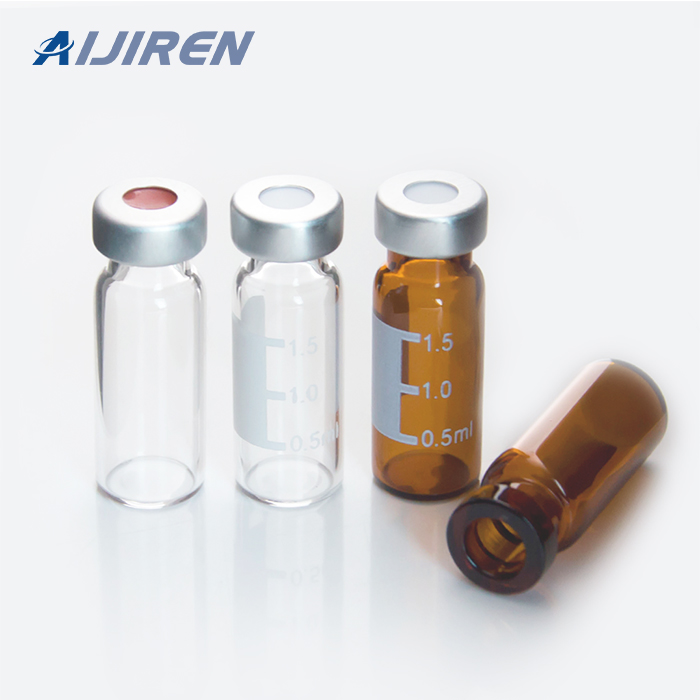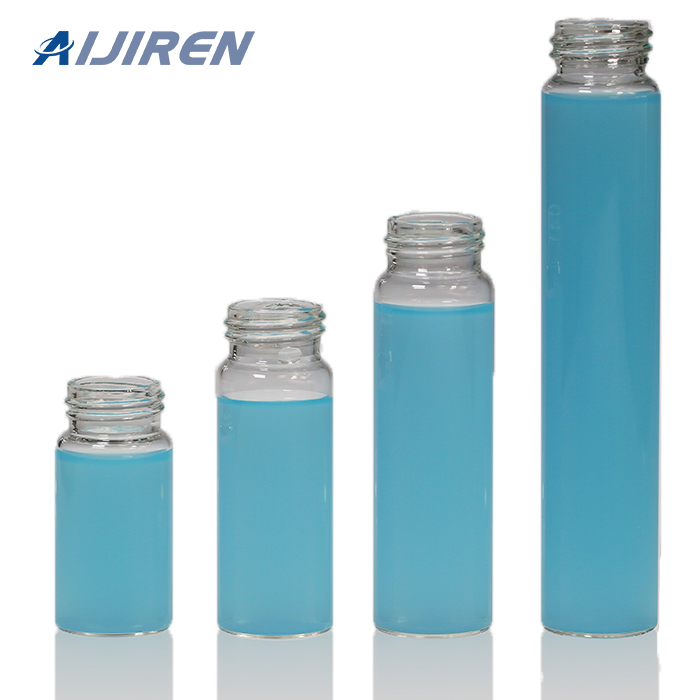
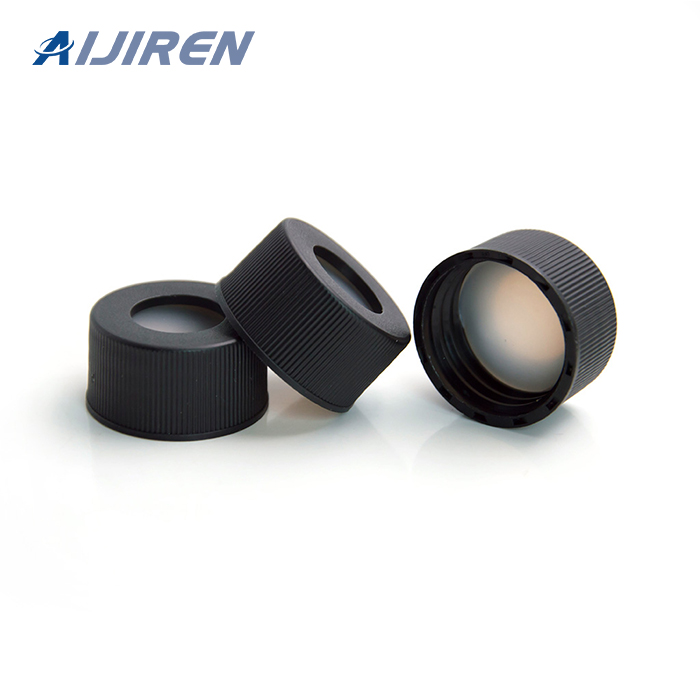
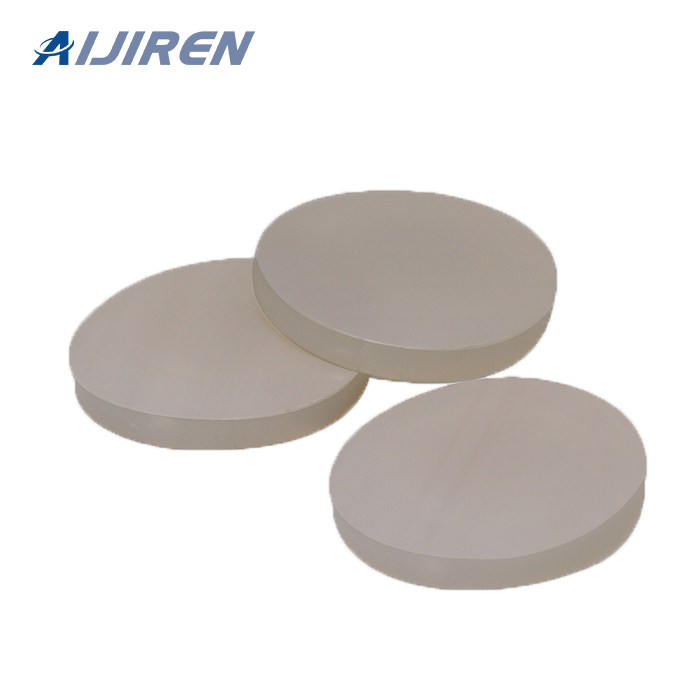






2 Volatile Organic Compound and Pesticide Data for Public Water-Supply Reservoirs and Wells, Texas, 1999–2001 tritium. The data presented in this report will be used by the Texas SWAP to determine, to the extent possible, statistical relations between explanatory variables such as land-use characteristics of the contributing area of the
USDA Forest Products Laboratory, Madison, Wisconsin Introduction Volatile organic compounds (VOCs) are a wide-ranging group of chemicals that contain carbon plus other atoms, such as oxygen and hydrogen, and exist in the gaseous phase at ambient indoor temperature due to their high vapor pressures. Most VOCs around the world are from
1.1 This method describes equilibrium-based static headspace preparation of volatile organic compounds (VOCs) in soil/sediment, solid waste, aqueous and water-miscible liquid samples for determination by gas chromatography (GC) or gas chromatography/mass spectrometry (GC/MS). This method is applicable to a wide range of organic compounds that
Jul 26, 2017 · The objectives of this study are: (1) to demonstrate that when the wristband is properly prepared it provides a simple, chemically clean foundation for quantitative organic chemical monitoring; (2) to assess the transport and storage stability of captured chemicals in the wristband, and (3) to estimate wristband–air partitioning coefficients
contamination under the conditions of the analysis by running laboratory reagent blanks as described in Section 8.1.3. The use of non-Teflon plastic tubing, non-Teflon thread sealants, or flow controllers with rubber components in the purge and trap system should be avoided. 3.2. Samples can be contaminated by diffusion of volatile organics
A quantitative organic vapor-particle sampler for sampling semi-volatile organic gases and particulate components. A semi-volatile organic reversible gas sorbent macroreticular resin agglomerates of randomly packed microspheres with the continuous porous structure of particles ranging in size between 0.05-10 μm for use in an integrated diffusion vapor-particle sampler.
Sampling Instructions for VOC Analysis (Volatile Organic Chemical) How to Sample: 1.) The sample must be taken after any treatments and before entry into the distribution system. 2.) Remove any attachments from the tap, such as hoses, filters or aerators. 3.) Flush the water for a couple of minutes or until the water reaches a constant
Volatile Organic (36VO) • Do not collect a sample where chemical odors are detected. Collect the sample in a location free of organic chemical vapors (gasoline, fuel oil, paint, paint thinner, and solvents). • Do not touch the inside of the cap, septum or bottle. Do not rinse the bottle or allow the water to overflow. A preservative must be
Taking a VOC (Volatile Organic Chemical) Sample Properly Make sure you keep all the vials together the whole time you are taking your The samples must be sent to the lab immediately. The sample will NOT be usable if there is an air bubble in the sample. You will have to resample. Step One Get a Sample Kit From Your Lab – One vial will be
on how to collect a volatile organic chemical sample. Steps and procedures can vary depending on the laboratory that is used so you should follow the instructions that are provided by the laboratory you are using. The analytical methods for VOCs call for the addition of preservatives to the vial prior to sampling. The testing laboratory will have
to the atmosphere for highly volatile pesticides such as 1,3-D and methyl bromide (Albrecht and Chenchin, 1985; Basile et al., 1986; Gentile et al., 1992). Volatiliza-tion of organic chemicals during their use, or following their disposal is an important source of organic pollutants to the atmosphere.
VWR enables the advancement of science by providing high-quality chemicals and services, customized to your product or manufacturing needs. We use operational excellence to deliver solutions that enable research, testing, production, and commercialization across the globe. Our Core Capabilities Include: Custom Liquid Manufacturing
Perhaps the most commonly used and most sensitive technique for volatile analysis is purge and trap concentration, also known as dynamic headspace sampling. Sample is deposited into the sparging vessel where method analytes are purged from the water using a helium or other inert gas stream to sparge through the sample.
Jan 01, 2022 · 1. Introduction. Volatile organic compounds (VOCs) play key roles in the formation of atmospheric secondary organic aerosols (SOA). They also act as precursors of ground-level ozone (O 3) and fine particulate matter 2.5 (PM 2.5), which negatively affect human health as well as ecological and socio-economic processes (Kamal et al., 2016; Dai et al., 2017; Mozaffar et al., 2020).
Feb 11, 2014 · For wipe sampling on smooth surfaces, use 37-mm diameter PVC filters with 5-μm pore size (MSA part # 625413). For wipe sampling on rough surfaces where PVC would be likely to tear, use 37-mm diameter binderless quartz fiber filters 0.45-mm thick (SKC part # 225-1809). For chrome plating operations, to prevent decomposition of Cr(VI) to Cr(III
Material: USP Type 1, Class A, 33 Borosilicate Glass
Volume: 2ml (standard volume) 1.5ml(actual volume)
Application: HPLC and GC system
Dimensions: 11.6 x 32mm
Neck Diameter: 8mm
Qty/Pack: 100pcs/pack
Payment: T/T
MOQ: 1pack
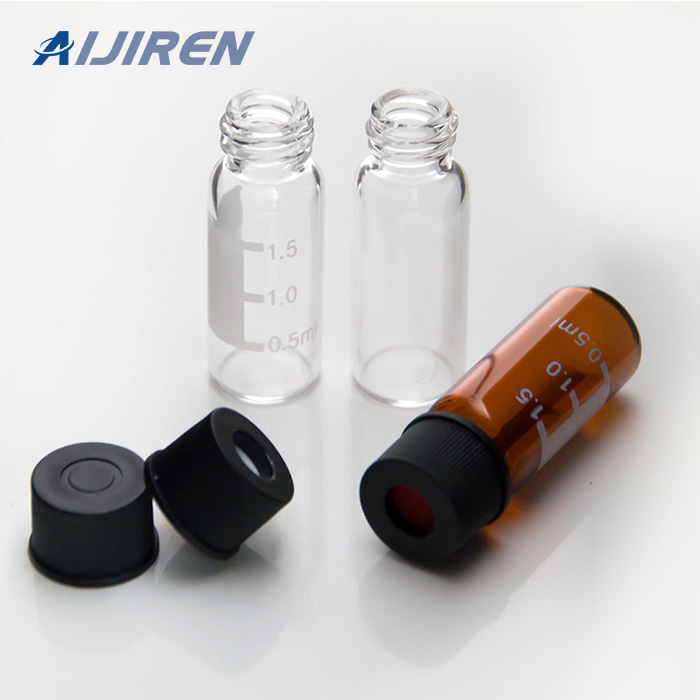
Material: USP Type 1, Class A, 33 Borosilicate Glass
Volume: 2ml (standard volume) 1.5ml(actual volume)
Application: HPLC and GC system
Dimensions: 11.6 x 32mm
Neck Diameter: 9mm
Qty/Pack: 100pcs/pack
Payment: T/T
MOQ: 1pack
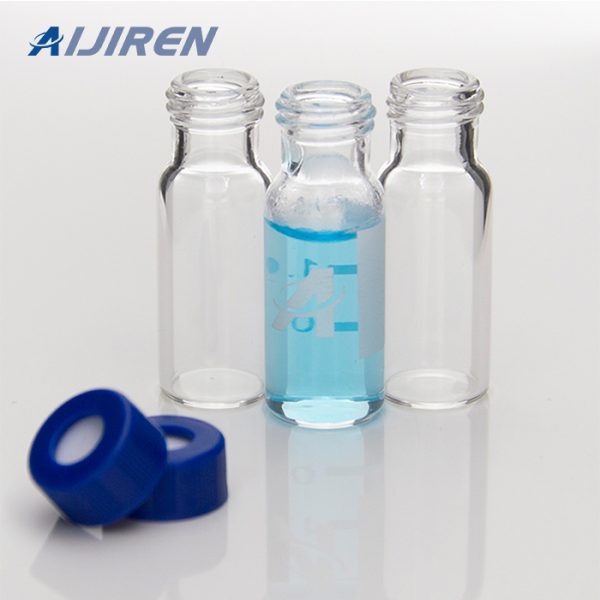
Material: USP Type 1, Class A, 33 Borosilicate Glass
Volume: 2ml (standard volume) 1.5ml(actual volume)
Application: HPLC and GC system
Dimensions: 11.6 x 32mm
Neck Diameter: 10mm
Qty/Pack: 100pcs/pack
Payment: T/T
MOQ: 1pack
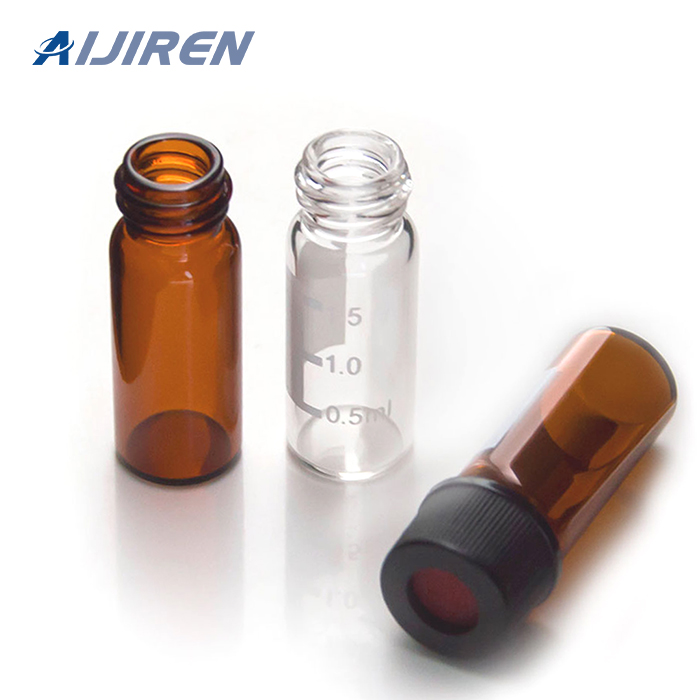
Material: USP Type 1, Class A, 33 Borosilicate Glass
Volume: 2ml (standard volume) 1.5ml(actual volume)
Application: HPLC and GC system
Dimensions: 11.6 x 32mm
Neck Diameter: 11mm
Qty/Pack: 100pcs/pack
Payment: T/T
MOQ: 1pack
